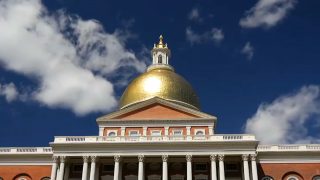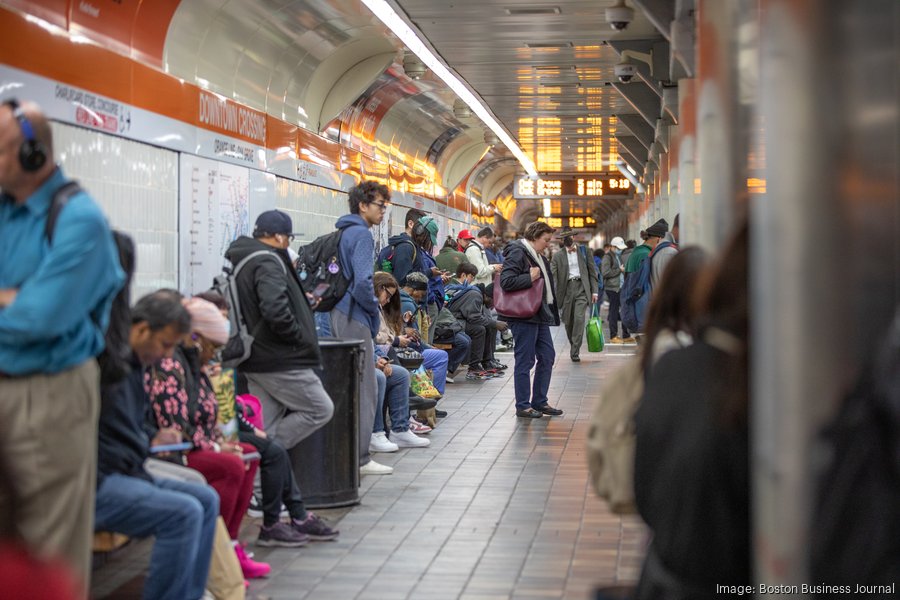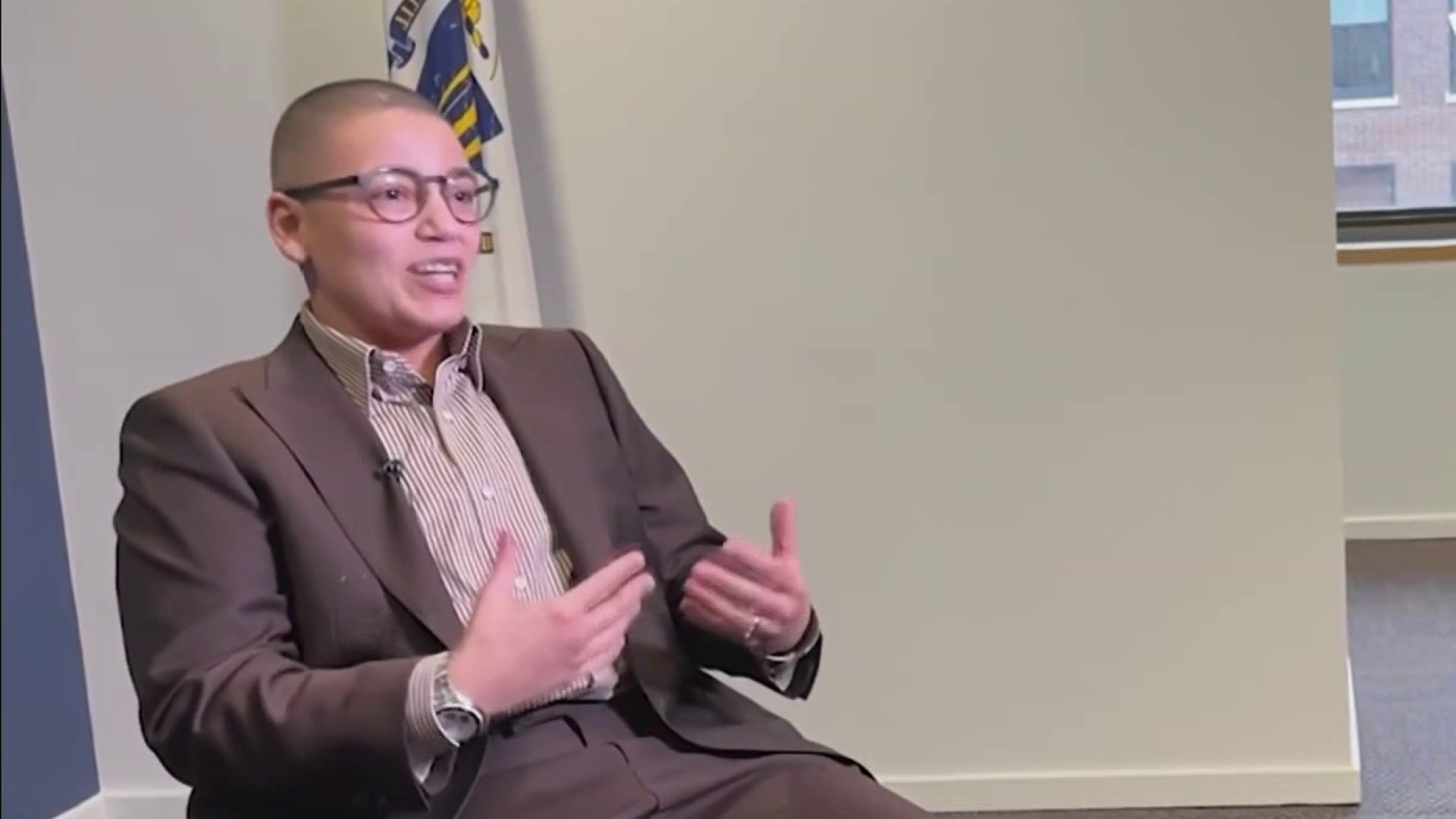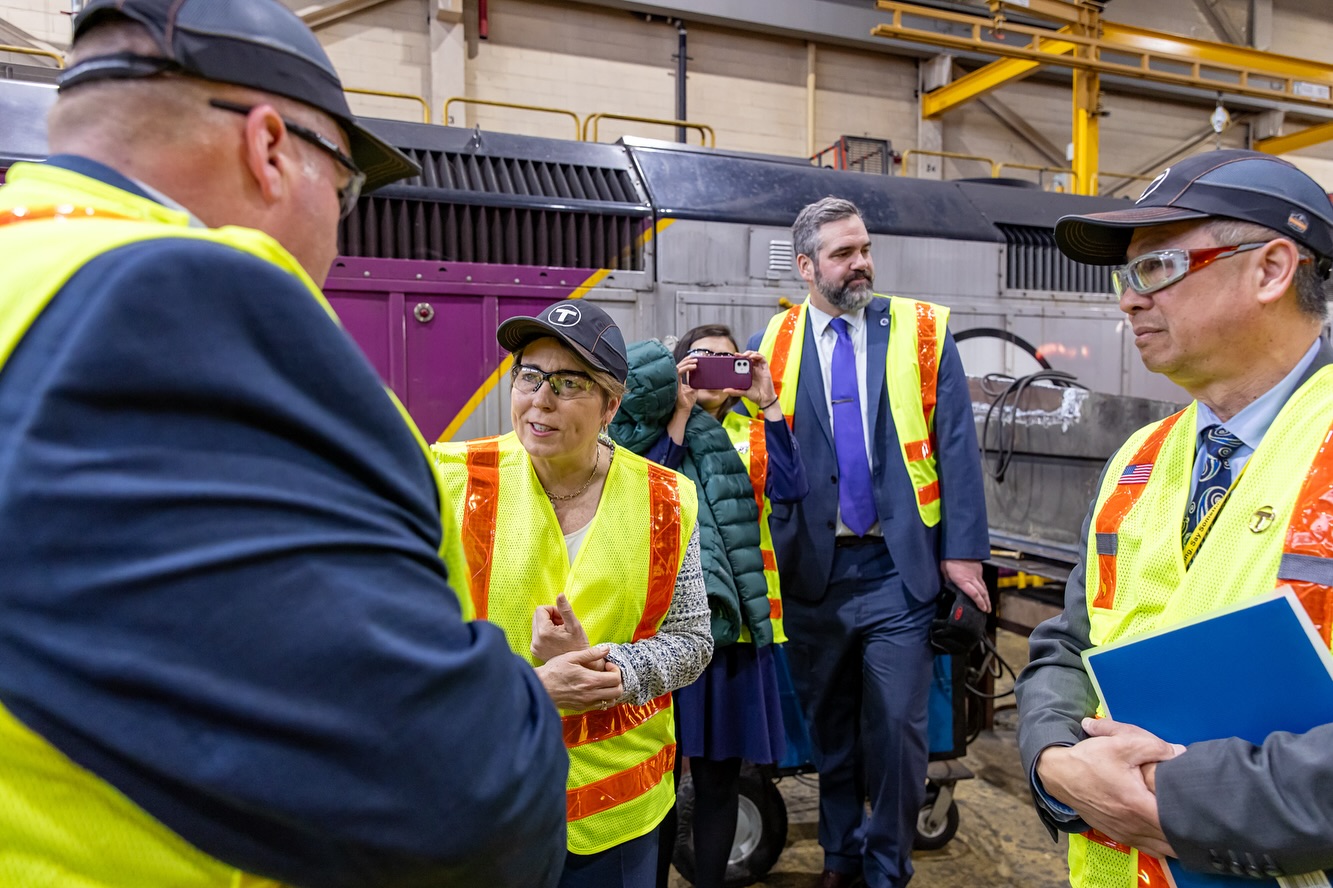
The Massachusetts State House
House Democrats will seek a vote this week on a roughly $1.3 billion spending plan that would inject hundreds of millions of dollars into the MBTA as the agency wrestles with a major budget gap.
The House on Monday teed up its redraft (H 4005) of Gov. Maura Healey's proposal to spend down about $1.3 billion in available surtax revenue, moving to clear that measure from the to-do pile in the week before House Democrats unveil their annual budget bill.
WATCH ANYTIME FOR FREE
Stream NBC10 Boston news for free, 24/7, wherever you are. |
Money from the voter-approved levy on wealthy households can only be used for education and transportation investments. The House bill, marked for a House vote Wednesday, calls for directing most of the available surtax pot -- $828 million -- toward the transportation sector and $353.5 million toward education.
House budget chief Aaron Michlewitz said his team and Healey "both went very heavy on transportation" with a goal of "balanc[ing] the scales a little bit" after initial surtax allocations skewed more toward education.
Get updates on what's happening in Boston to your inbox. Sign up for our News Headlines newsletter.
Similar to Healey's original bill, the vast majority of the transportation funds in the House version would go to the cash-strapped MBTA. House Democrats called for providing the T with $400 million to continue workforce and safety investments, $300 million to replenish the agency's emptied savings account, $60 million for "physical infrastructure" at the T, and $20 million to cover costs of reduced fares for low-income riders.
Some western Massachusetts lawmakers voiced frustration about the heavy MBTA emphasis in Healey's bill. At a hearing last week, Northampton Democrat Sen. Jo Comerford suggested the plan was not "super fair" to communities without T service, who already help fund the agency through sales tax revenues it receives.
The T might face the prospect of a backslide on service improvements without additional aid, and Michlewitz said the availability of unspent surtax dollars presented a "one-time opportunity" to make a major difference.
"I certainly respect a lot of my colleagues that are out beyond [Interstate] 495 in this space, in this conversation, but I do think we have an opportunity here to get us further back on track with the MBTA," Michlewitz said. "I think we're pressing from a financial standpoint because we, for the first time in a long time, feel that we are getting good value for the dollars that we're spending because of who's in charge now, with the work that [MBTA General Manager] Phil Eng has been doing. We still have a ways to go related to that, and I think that we want to make sure that we're using every opportunity we can to get us back to a stable position, which we haven't been in over, well over, a decade, if not two decades."
Healey's bill called for $462.5 million in education investments, $109 million more than the House's redraft.
House Democrats reduced or spiked her proposed investments in early education and care, career technical education, and English language learning services while bumping up funding for special education services.
The House bill would also pull $58 million from the Student Opportunity Act Investment Fund to "offset some of the gaps" districts face, Michlewitz said.
"We're asking the [inspector general] to come up with a report by next February in terms of some of the procurement processes related to special education, special education circuit breaker, trying to get a better sense of why we're so off on the cost projections every year," he added.
The bill redrafted by the House Ways and Means Committee would authorize about $1.18 billion in surtax spending, and an aide said the measure also features additional non-surtax spending that pushes the combined bottom line to about $1.3 billion. Representatives could add more surtax allocation through amendments, which are due by 5 p.m. Monday.
Michael P. Norton contributed reporting.




